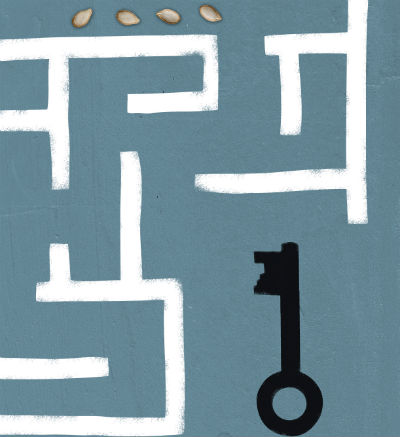Submitted by basma on
This report is part of CRIN's access to justice for children project, looking at the status of the Convention on the Rights of the Child (CRC) in national law, the status of children involved in legal proceedings, the legal means to challenge violations of children’s rights and the practical considerations involved in challenging violations.
Kiribati has ratified but not yet incorporated the CRC into its domestic law, though courts are able to use the provisions of the Convention when interpreting ambiguities in domestic legislation. Children can bring civil, constitutional and judicial review proceedings, with the assistance of their next friend or guardian ad litem, and courts have wide powers to redress violations. There are, however, several obstacles to access to justice for children in the country. There is currently no formal legal aid system, national human rights institution, or special courts to deal with children in conflict with the law. There are also no provisions allowing NGOs to file or intervene in judicial proceedings, and few options for pro bono legal assistance. In some circumstances, cases are dealt with under customary law, which forms part of Kiribati’s law and is taken into account in certain civil and criminal proceedings, as well as in adoption, custody and guardianship matters. However, customary law at times conflicts with the best interests of the child and leads to impunity for perpetrators of child abuse.

